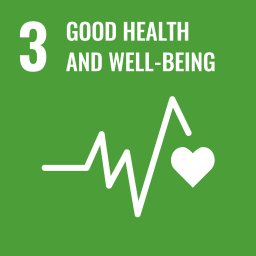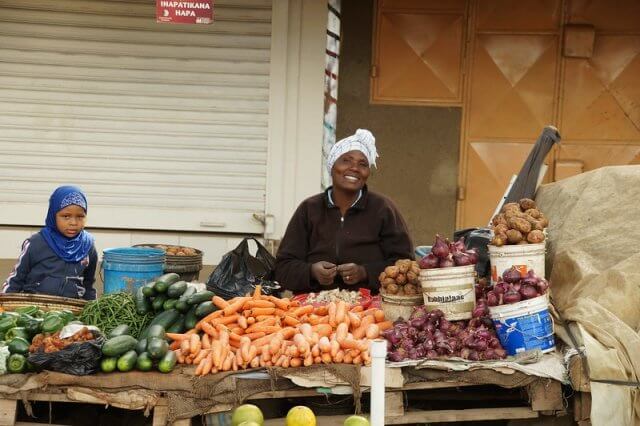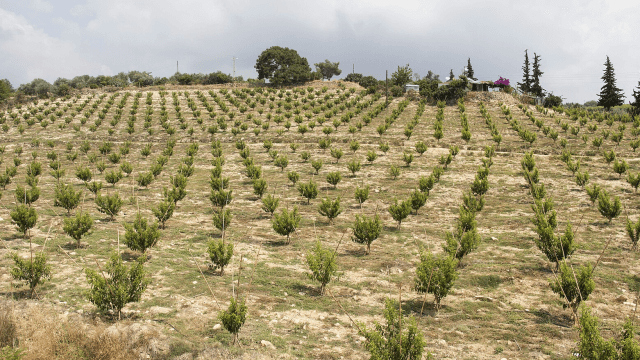The action and its aims
The Paris Nutrition Santé (PNS) programme aims to alter the environments in which children’s eating and activity habits are formed, in both family and educational settings, by ensuring a coherent approach to addressing child overweight and obesity between city departments. It builds awareness of balanced diets among city institutions that provide food services, helps professionals to develop projects, tools and events aimed at young people with overweight status, and conducts studies of nutrition and health status at the household level.
When it was introduced
The programme was put in place in 2009 in three pilot arrondissements (districts) with high rates of food insecurity (the 13th, 15th, and 19th). It was initially aimed at parents, teachers, and childcare professions, but was later re-positioned towards institutional actors. In 2013 it was rolled out in three more arrondissements (the 10th, 18th, and 20th).
Why it was needed
The programme was deemed necessary because of the high rate of children with overweight status across Paris. In 2009 the regional health observatory found that almost one in six children (15.6%) aged 8-9 had overweight status. Paris has been a signatory of the France’s Programme National Nutrition Santé (PNNS) since 2004. PNS signalled the city’s renewed engagement with the recommendations of the PNNS.
Who initiated it, who is involved
The programme was initiated by the deputy mayor responsible for public health and relations with the Paris hospital system, known as Assistance publique – Hôpitaux de Paris. It is led by the city’s Directorate for Social Action, Childhood and Health (DASES), in partnership with the Caisses des Ecoles (public institutions responsible for encouraging school attendance) and the town halls of participating arrondissements. The project is overseen by a city-wide coordinator, as well as a project manager in each arrondissement. Other partners participate in specific projects.
Impacts to date
Programme results cannot be quantified in terms of numbers of children who are no longer experience overweight or obesity as a result. Rather, its results are in behaviour change on the part of children and parents, which is hard to measure. Nonetheless, the number of children participating in activities has increased steadily, with weight loss or stabilisation of participating children and increased confidence on the part of parents.






